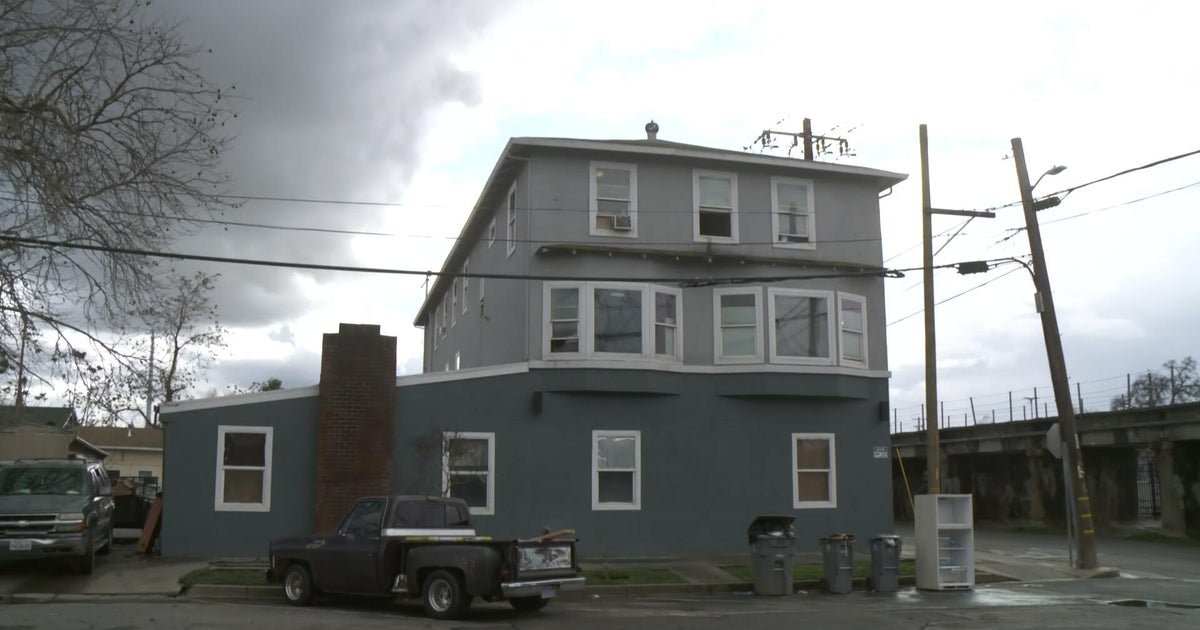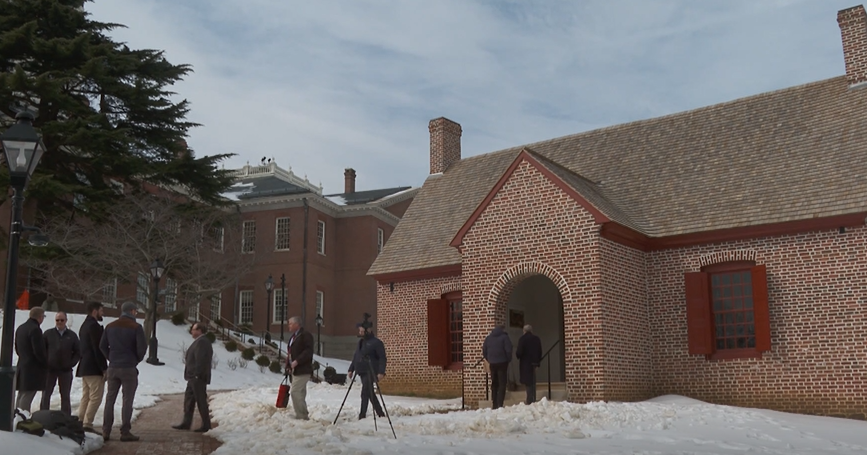NYC building tiny homes for bees. Take the tour
NEW YORK -- New York City real estate is tight, even for the bees. That's why the city is building tiny condos for these vital pollinators.
NYC DOT unveiled several of these new bee habitats Thursday morning at the Gateway Triangle in Clinton Hill, Brooklyn.
"These are the homemade bee hotels," explained MacKenzie Pitt, of the Horticultural Society of New York. "The tubes here are where the solitary nesting bees would burrow in."
The mini hotels look similar to birdhouses and serve as rooms for bees to nest.
Other bees prefer bunkers, or plant pots filled with soil, where female bees can build nests and lay eggs.
The Department of Transportation announced Open Streets and plazas across the city will host seven of these habitats, as part of a new city initiative called The Pollinator Port Project.
Why bees make good neighbors
The Pollinator Port Project plants flowers and creates homes for at-risk bee populations, which have been declining due to habitat loss, pesticide use and climate chance, according to officials.
"Bees are incredibly important, mostly because plants rely on them for reproduction. Flowering plants, the ones we tend to like to have around us, and also the ones that produce most of the food we eat, require an insect to visit them to move their pollen from one place to another," said Kim Russell, Rutgers Associate Professor with the Department of Ecology, Evolution and Natural Resources.
There's no need to be afraid of these neighbors, burrowing bees are docile and rarely sting.
"You leave the bees alone, they'll leave you alone," Russell said. "Try not to mess with the materials inside."
Experts say creating safe spaces for bees also safeguards the future of the planet and all its inhabitants.











